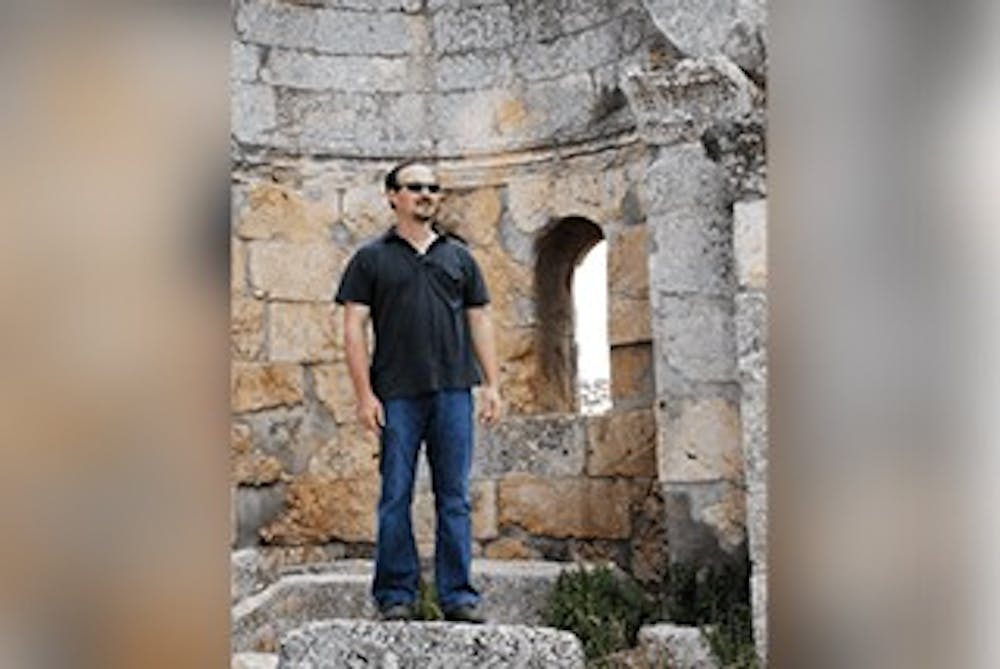A Penn archeology team has uncovered 2,700-year-old rock carvings from the ancient city of Nineveh, which is located in the modern city of Mosul in northern Iraq.
The carvings were uncovered by the program manager of the Iraq Heritage Stabilization Program, a subsidiary of the university, in partnership with Iraqi archeologists.
Officials announced that the reliefs will eventually become part of a new archeological park. The seven marble rock relief carvings depict finely chiseled war scenes, mountains, grape vines, and palm trees. They date from the reign of Assyrian king Sennacherib, who ruled Nineveh from 705 to 681 B.C.
Today, Nineveh is marked by a stone and mudbrick wall encasing two large mounds, Tell Kuyunjiq and Tell Nabī Yūnus “Prophet Jonah," which date to 700 B.C.
As a result of insufficient management, development pressures, and looting, Nineveh has been “on the verge” of irreparable loss, according to a 2010 report from the Global Heritage Fund.
Nineveh faced further damage from Islamic State of Iraq and Syria militants when they destroyed the 1970s reconstruction of the Mashki Gate, a “symbol of Iraq’s long history,” in 2016. The carvings were uncovered during the reconstruction of Nineveh’s Mashki Gate.
Christopher Woods, the Williams Director at the Penn Museum and Avalon Professor in the Humanities at Penn highlighted the significance of this finding.
“This discovery adds new data and ultimately advances the understanding of Neo-Assyrian history in ancient Mesopotamia,” Wood told Heritage Daily. “We are thrilled by the ongoing conservation of this incredibly rare and historic find.”









